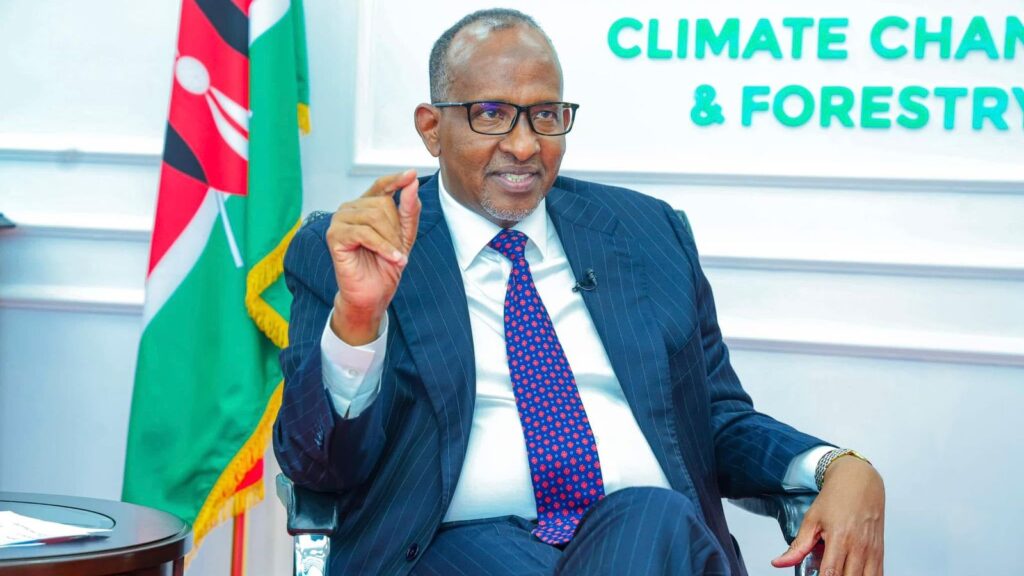Health Cabinet Secretary Aden Duale on Sunday conducted an inspection tour of the Garissa Regional Cancer Centre, reaffirming the government’s commitment to enhancing cancer care services across the country. The facility, one of only three specialized public cancer centres in Kenya alongside those in Mombasa and Nakuru, plays a critical role in serving the northeastern region.
Duale’s visit comes amid rising cancer cases nationwide, with the government stepping up efforts to expand and equip regional health infrastructure to improve early detection and treatment outcomes. He inspected the centre’s modern medical equipment and held discussions with health professionals on site to identify operational bottlenecks and explore ways to enhance service delivery.
“This facility is not only a lifeline for Garissa residents but also a crucial treatment hub for patients from Wajir, Mandera, Tana River, Kitui, Isiolo, Lamu, and even Somalia,” said Duale. “Our goal is to ensure that no Kenyan travels long distances for cancer care.”
The Garissa centre currently serves about 40 patients daily, registering approximately 10 new cases each day. Despite the workload, the facility has made significant strides, largely due to support from the Social Health Authority (SHA). Duale noted that 90 percent of patients are enrolled under SHA, which fully covers their treatment costs locally and nationally.
“The expanded oncology package under SHA has lifted a major financial burden off the shoulders of our people,” Duale stated. “This is a clear demonstration of our pledge to deliver accessible and affordable healthcare.”
During his visit, Duale was accompanied by Dr. Joan-Paula Bor from the Ministry of Health’s National Cancer Control Program and Garissa Deputy Governor Abdi Dagane Muhumed. The team engaged with the centre’s staff to understand challenges faced in delivering cancer care in the region, such as human resource constraints, equipment maintenance, and patient follow-up.
The government’s focus on regional cancer centres is part of the broader Universal Health Coverage (UHC) agenda, which seeks to decentralize specialized medical services and make them available to all Kenyans, regardless of geography or income level.

